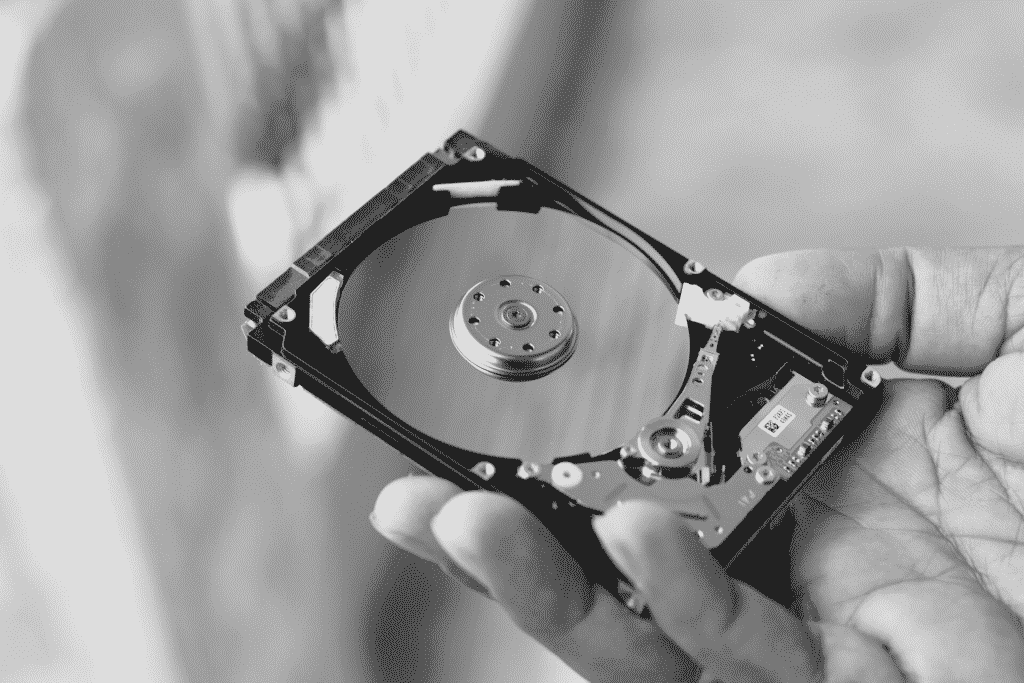Let’s get one thing straight: when it comes to faster read-write speeds, SSDs completely outperform HDDs. That’s a fact. But what if I told you HDDs can still be the better choice in several important scenarios?
If you’re an SSD enthusiast, hear me out. Because when it comes to technology, speed isn’t the only factor that matters — especially not when we’re talking about data. And data? It’s everything.
So instead of spending more time on the intro, let’s dive into some practical reasons why HDDs still make sense in 2025.
Way, Way Cheaper
If we calculate the storage cost per GB, it’s clear as day which one wins. HDDs offer significantly more space for a much lower price.
If you’re someone who needs large volumes of storage — for archival purposes, backup drives, or personal media libraries, HDDs are the smarter choice. You don’t need blazing speed just to keep a copy of your favorite movies or years of project backups.
Larger Storage Capacity
Consumer HDDs can go well beyond 20TB. While SSD capacities are steadily increasing, they haven’t reached this level affordably.
Even when SSDs offer similar sizes, the cost is several times higher. For anyone managing massive storage needs without a massive budget, HDDs are still the go-to solution.
Longer Lifespan Under Heavy Write Loads
This is something not everyone considers. SSDs have a limited number of write cycles. Under heavy or continuous writing conditions, they wear out faster.
If your workload involves constant writing, like surveillance footage, server logs, or large-scale data processing, HDDs typically hold up better over time. They’re designed to handle these situations without breaking down as quickly.
Easier Data Recovery
Failures happen. But when HDDs fail, data recovery is often possible and relatively affordable. With SSDs, failure tends to be sudden and complete, leaving very few recovery options.
If your data is critical and you need to ensure there’s a way to retrieve it in the worst-case scenario, HDDs are still the safer bet.
More Reliable for Cold Storage
For long-term offline storage, HDDs are the preferred choice. They don’t rely on electrical charge to retain data, which makes them more stable over time when powered off.
SSDs can begin to lose data if left unpowered for extended periods, especially in warmer environments. That’s a serious drawback if you’re planning to keep something in storage for years.
Compatibility with Older Systems
Some legacy systems still depend on SATA HDDs due to BIOS or firmware limitations, power supply requirements, or interface compatibility.
In these cases, HDDs offer plug-and-play reliability, where SSDs may require workarounds or may not be supported at all.
Final Thoughts
So yes, I still recommend SSDs for operating systems, apps, and anything that benefits from speed. I use them too. But I also keep a few HDDs in my setup, and frankly, I can’t imagine working without them.
They’re practical, reliable, and cost-effective. If you’re serious about your data, you’ll probably want a mix of both. What do you think? Are HDDs still worth using? I’d love to hear your take.
![]()

